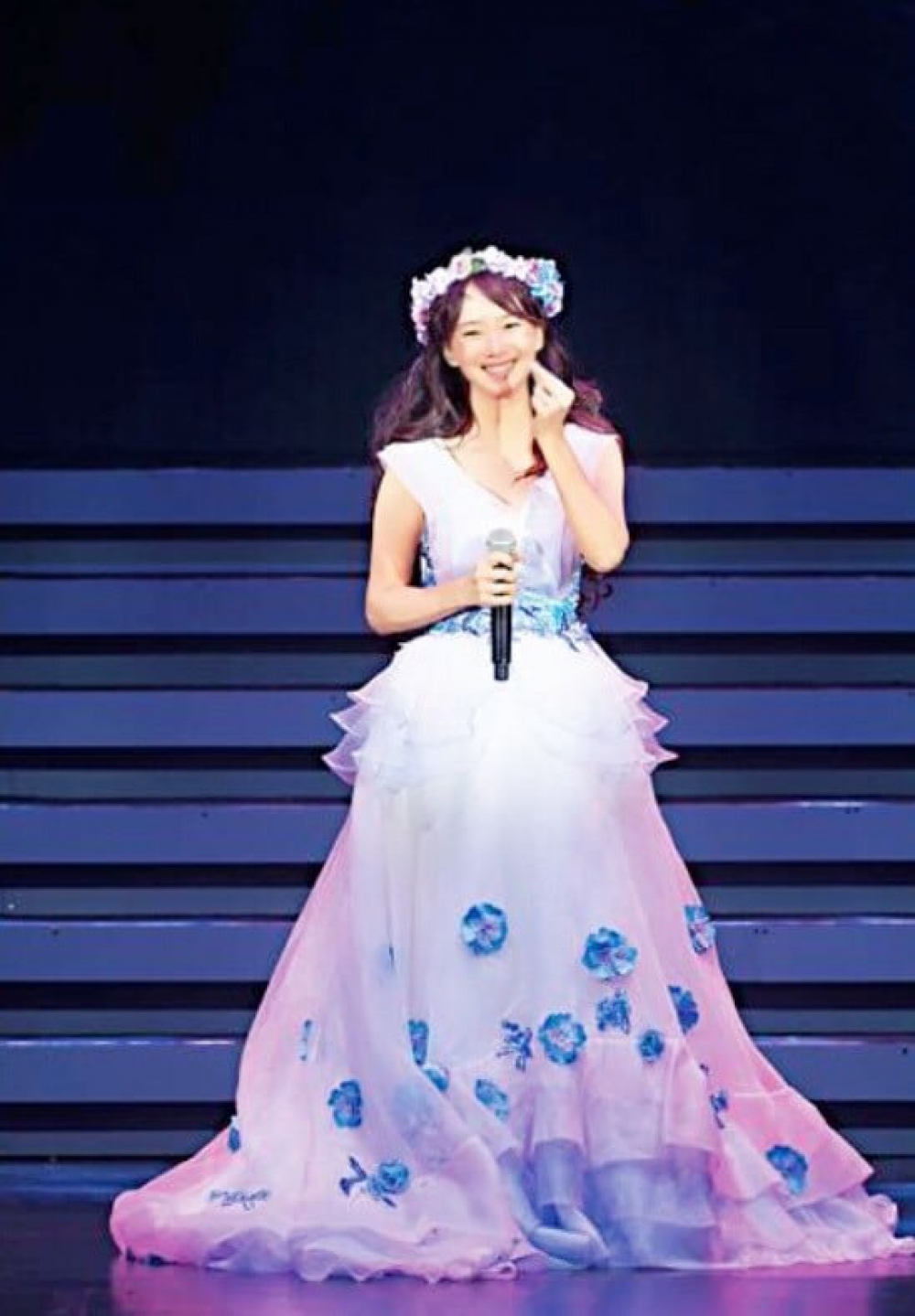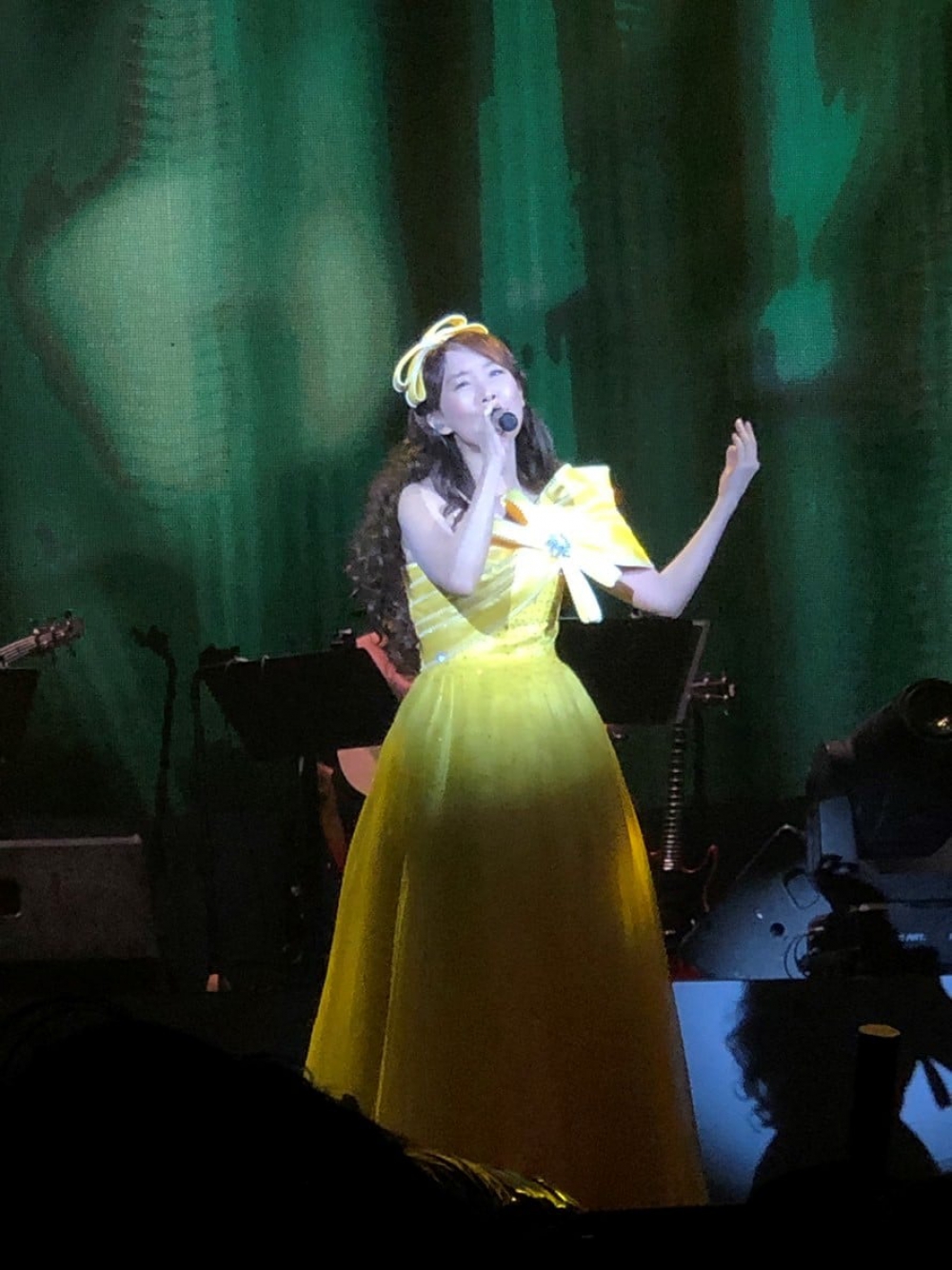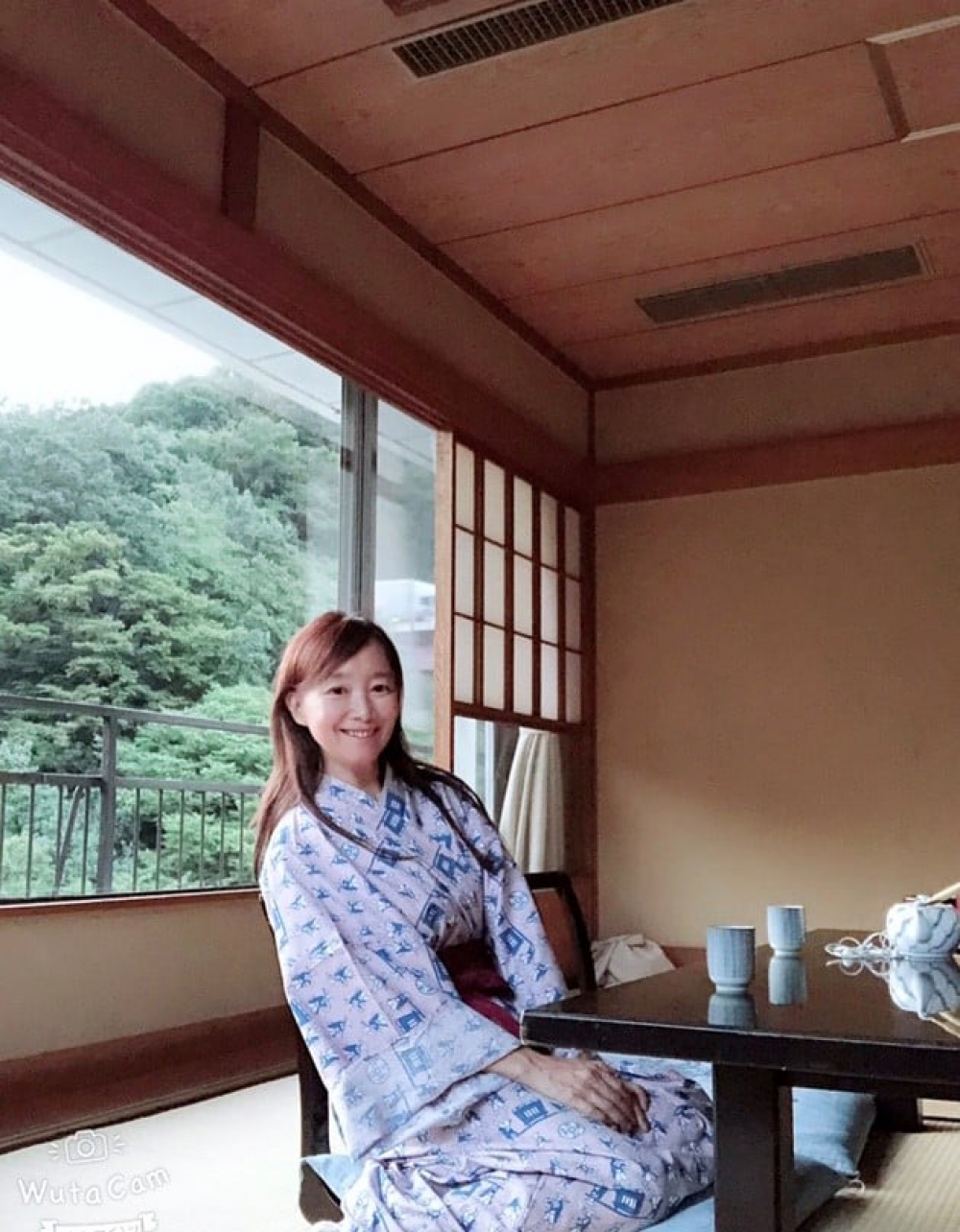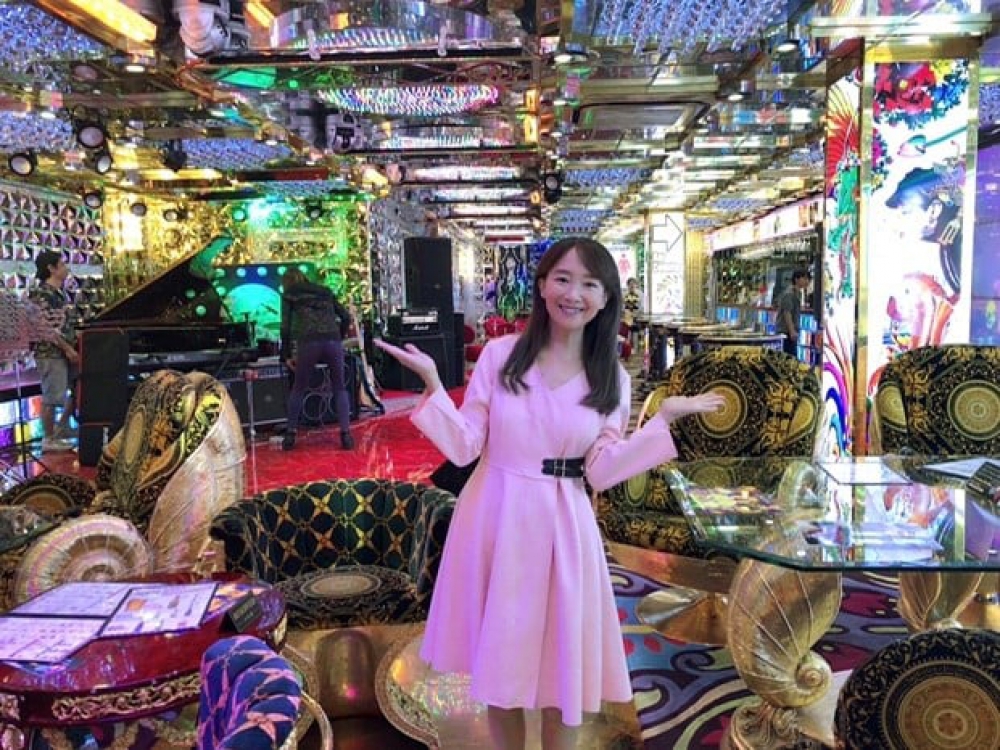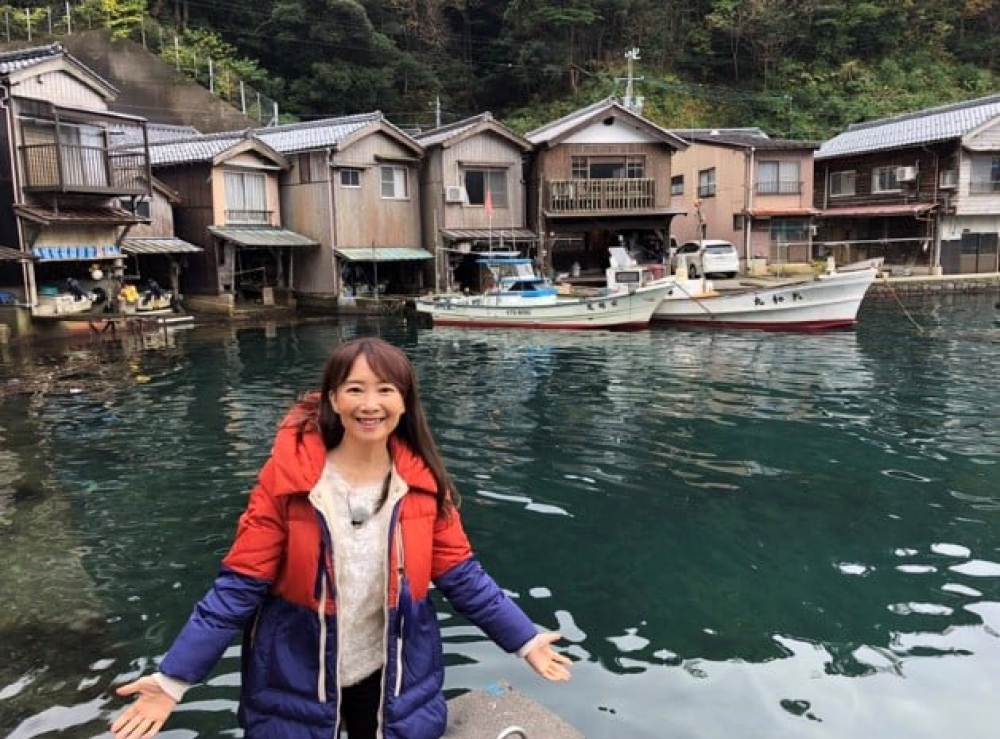Hong Kong’s Superstar Agnes Chan: Tokyo Is The City Where All Those Diverse Energies Are Incredibly Harnessed
“If Japan is enigmatic, Tokyo will be the heart of that riddle. Its rhythm and essence are so utterly alluring that the city demands to be explored. It has a depth that keeps travellers in a constant state of rapture and delight,” said by Michael Ryan.
In Japan, entertainment is all about competition. A performer won but soon saw himself being copied. He silently stepped out of the race and entertainment companies started to grow new leaves again. The history of Hong Kong witnessed only one person from our city, a superstar from 1972 and up to the present, who could become super-popular in Japan in the 70s as an idol singer and later transformed herself into an important education ‘influencer’ affecting the way that parents should teach their children. She is Agnes Chan(陳美齡). Agnes is also a powerful writer in Japan and Hong Kong. She goes deeper and deeper into the subject of education by a series of books and the full impact of her blow is felt among the millions.
Agnes began singing in her high school years in Hong Kong. The rendition of Joni Mitchell’s ‘The Circle Game’ in 1971 made her famous. Japanese songwriter Masaaki Hirao brought Chan to Japan, and in 1972 she recorded her first Japanese pop hit ‘Poppy Flower’. The success, like the click of a trigger, changed Agnes’ fate and propelled her to international stardom. Agnes said, “My Dad told me fame is a vanity plate and wisdom is the eternal treasure island. Despite my singing career, my marriage and my kids, I never give up studying. Now, I am still learning to help myself and others. I want other people to feel happy, confident and curious about the world. ” Agnes studied in Tokyo’s Sophia University, University of Toronto and Stanford University, leading to her doctoral degree. She is now an influential artiste, writer and university professor in Japan.
In 1986, Agnes married her Japanese manager. She gave birth to 3 sons. She has been living in the quiet and restful embassy area called Hiroo (廣尾) in Tokyo for many years. She is an expert in Tokyo which most Hongkongers love——no matter a street, a shop, a café, a temple, a tree or a dog belonging to the magic city.
I asked Agnes, “What is Tokyo like, the capital of Japan having about 14 million people?” When I was in my teens, I was crazy about Tokyo. Not being disparaging but yearning for a minimal lifestyle, I am now fond of Vancouver more. Agnes said, “There is a Japanese expression called ‘Ten people, ten colours’. It is an interesting paradox that a lot of people who claim to be ‘Tokyoites’ were actually from other parts of Japan. Tokyo has a highly mixed population and people are eager to get rid of their local accent. The idea to homogenize the way they speak is to avoid ‘differentiation’ by others at the first encounter. Amusingly, as conversation goes more in-depth, people start to explore your origin of species. They will raise questions about where you come from, your past schools, careers, marital status and even blatantly your exact age. Reinforcement of stereotypes is common in Tokyo but the funny thing is that their backgrounds are diverse. I remembered that in the 1980s, when I, as a performer, took my baby son to the place of work and many were shocked by my ‘abnormality’. My act caused a public debate called ‘Agnes controversy’ i. e. whether working women should have that kind of daring behaviour. ” I went after the direction, “So, you do not dislike Tokyo?” Agnes smiled confidently, “I like Tokyo. We live in an age where uncommon things can be our common pursuits. As I have said, Tokyo is filled up with surprises and varieties. Gentlemen and elegant ladies know their restaurants in Ginza(銀座). The ‘kawaii’ funky boys and girls will wear their dark Gothic or bright-colour Lolita outfits in Harajuku(原宿). The affluent and cultural hipsters hang around in Roppongi Hills(六本木山). Asakusa(淺草) is Tokyo’s ‘low city’ where an atmosphere of the Tokyo of past centuries will rejoice the heart of the Edo nostalgic blimps. Lonely men and women can seek comfort from the weird red-light districts of Shinjuku(新宿). Edgy and alternative musicians are chasing dreams in Shimokitazawa(下北澤). Trend-setters are busy preparing their popular fashion movements in Shibuya(澀谷). Tokyo consists of about 14 fascinating and individualistic urban hubs, each of which is like a small paradise for its own believers. This is the greatest charm of Tokyo, ranking it in Asia an incomparable number one city in terms of its incredible dissimilarities.”
After the defeat in World War II, Japan, with Tokyo as its steam locomotive, worked hard to become the huge world economy in the 1980s. Her downturn followed the collapse of the so called ‘bubble economy’ of the 90s. It is more than clear that the old export model of growth will not be sustainable in a new global market. In response to chronic deflation and low growth, Japan has attempted economic stimulus and run a fiscal deficit. As a tourist, I can feel the new investments and re-investments in Tokyo. I sadly no longer feel the happy glow on the face of a Tokyoite in the street. More sadly, I now feel the same for the face of a Hong Kong man…

